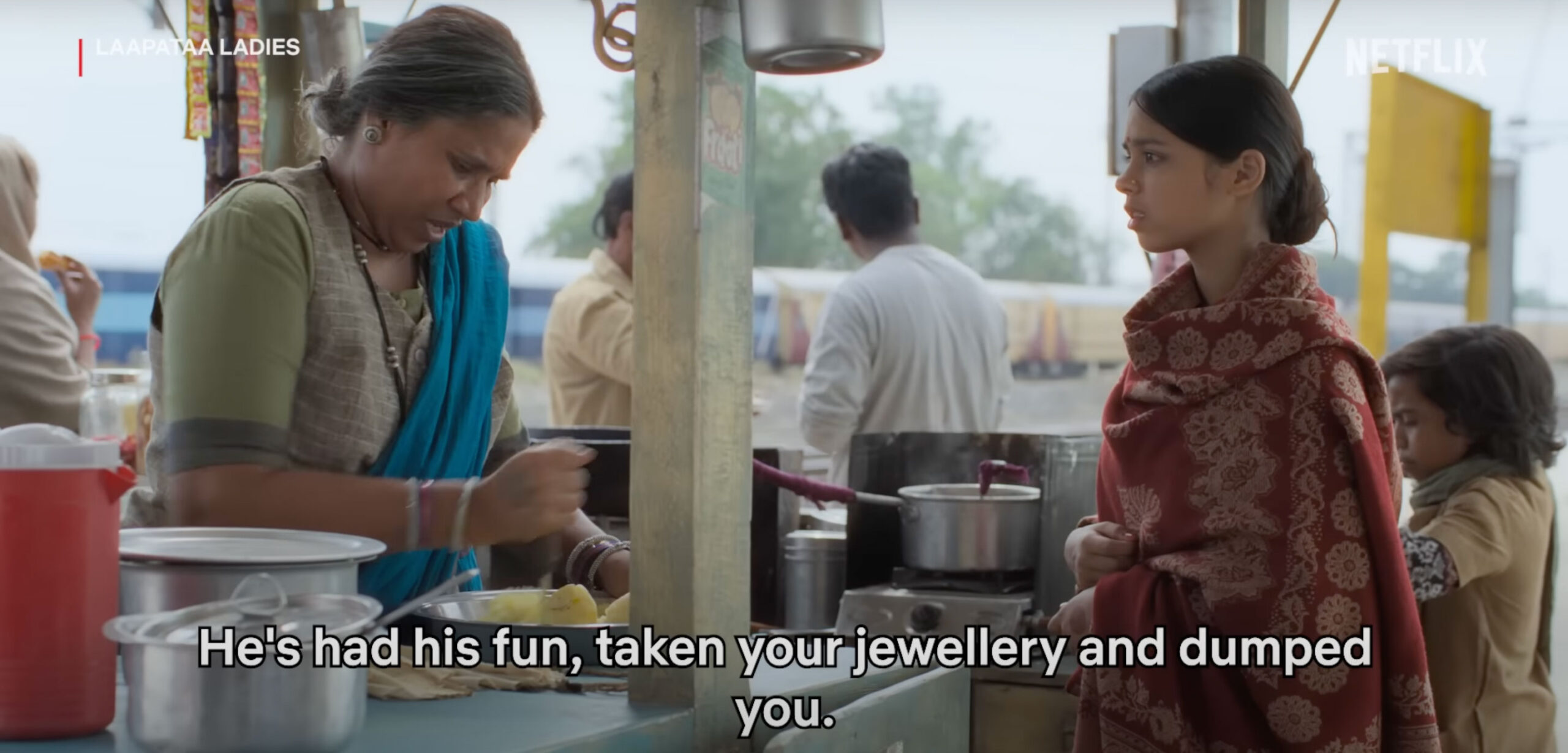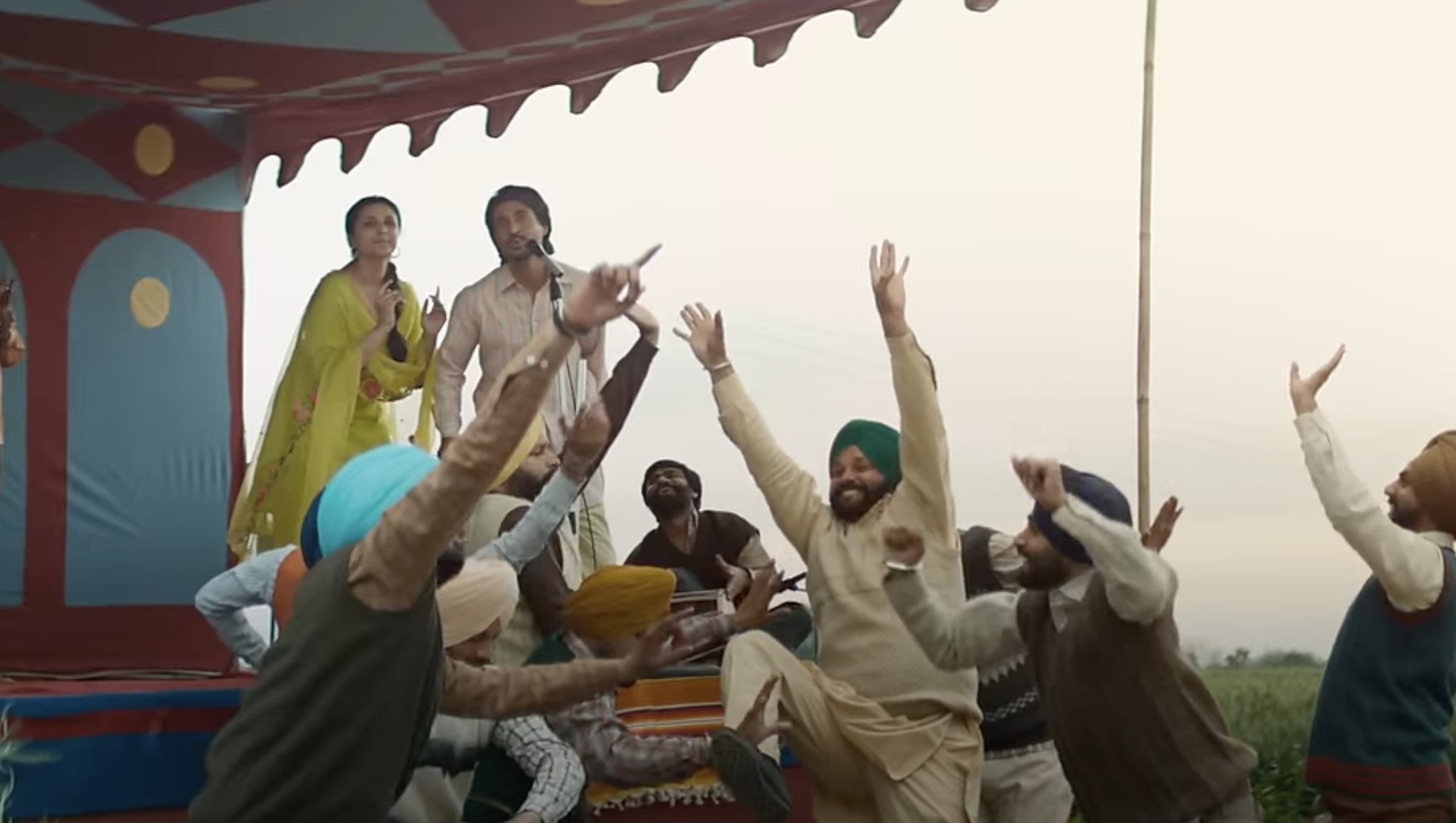 The horrific incident at Dadri has shamed our civilization. It is a brazen violation of the protection and the freedom of food culture granted to all sections of society by our Constitution. The incident is being used to whip up communal frenzy and foment hatred between the Hindu and the Muslim communities. A particular community is being put in the dock on the issue of cow and her protection.
The horrific incident at Dadri has shamed our civilization. It is a brazen violation of the protection and the freedom of food culture granted to all sections of society by our Constitution. The incident is being used to whip up communal frenzy and foment hatred between the Hindu and the Muslim communities. A particular community is being put in the dock on the issue of cow and her protection.
The ultra-Hinduvadis are playing the Hindutva card, keeping the cow at the centre. They are inciting the innocent masses and whipping up communalism. Is it a mere coincidence that communal conflicts, violent clashes and riots grow exponentially whenever the BJP comes to power? Sometime ago, the BJP government of Maharashtra had ordered the closure of meat shops in Mumbai during Jain festivals. That controversy was still raging when Dadri happened, sending shivers down the collective spine of society. According to the Hindi daily Jansatta, “cow slaughter” has triggered at least 330 communal incidents in the country over the past 16 months. It seems the entire country is in a state of perpetual tension and anxiety.
Why should the food habits of Muslims and Dalits be a problem for the Hindutvavadis? Depending on one’s choice and need, one eats vegetarian or non-vegetarian food. Why should anyone else interfere in this? Are all Hindus vegetarians? Can anyone guarantee that no Hindu eats cow meat? This is the country where a section of people were not allowed to even eat with dignity. Some were forced to eat the meat of dead animals. It was due to the atrocities of the ultra-Hinduvadis that Dalits quit Hinduism and embraced Islam, Sikhism and Buddhism. They adopted the culture of whichever religion they switched to. Their food, dress and festivals changed. A recent example is the oppressed Dalits of Bhagana in Haryana converting Islam.
We want to learn from the Western countries. In fact, we want to ape them. But why have we not learnt from them to respect an individual’s dignity and privacy? Why have we not learnt from them to respect physical labour? Why are we obsessed with controlling the food habits, dress and even the personal life of our neighbours and our friends? This tendency is visible in our politics too and represents the authoritarian streak of the practitioners of a particular brand of politics. Today, Constitutional values are in danger – the values that grant every person dignity, freedom of expression and equality. These values preserve and protect democracy and are the foundation of the diversity and tolerance that is the distinguishing feature of Indian civilization. The common man needs to understand this. The people should resolve to stay united and in harmony. In doing so, they will give a befitting reply to the forces playing politics in the name of the cow.





